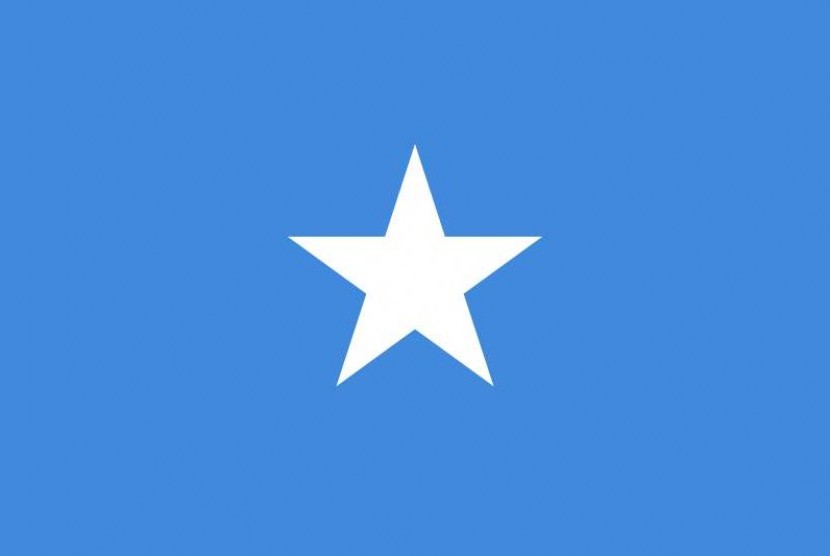REPUBLIKA.CO.ID, MOGADISHU -- The latest move by Kenya to freeze accounts of Somali remittance firms over suspicion of financing terrorism have dealt a blow to families and business people who transact business between Mogadishu and Nairobi on a daily basis.
Three months ago, the American bank Merchant Bank of California terminated money remittance services to East Africa, affecting Somalis who relied on the service to receive money from their relatives in the United States.
Fatima Ali, a businesswoman in popular Bakara market in Mogadishu, told Xinhua on Friday that her business is crumbling since she cannot get supplies from Nairobi.
"I normally send money at least once a day to Nairobi through Dahabshil and Juba Express and my business partners in Nairobi send the goods instantly but that is no more," Fatima said.
Dahabshil and Juba Express are major remittance companies operating in Somalia and Kenya and were part of those closed down by the Kenyan government.
"My business has no terrorist links and so are my partners' in Nairobi. I do not understand why we have to be punished this way. We request Kenya to re-open this services so that we can be able to support our families and build our nation," said Fatima.
Ali Nor, a correspondent for a foreign news agency, said this closure will adversely affect him since he gets his payment through the hawalas (money transfer service).
"These hawalas have been of so much help to me and my employers, because I am able to get my pay in good time, but now that they are closed, I do not know how I will get my pay," said Nor.
Farah Moalim, a father of five is worried about his son's education in Nairobi. "I use the hawalas to send school fees and pocket money to my son who is studying in Nairobi," Moalim told Xinhua.
"The announcement shocked me because I am worried my son's education is likely to be affected as he will not get his school fees from here," he added.
With an estimated 1.3 billion U.S. dollars coming to Somalia annually from Diasporas through hawalas, Somalia could further be pushed to the fringes by the move to close these hawalas which have been pivotal in facilitating the transfers.
International humanitarian agencies operating in Somalia have warned the action by Kenya to close the hawalas could significantly affect livelihoods in Somalia whose dependence on remittances has been instrumental in building the country.
They have called for a re-look at the policy and determine it on case by case basis instead of a general ban.
"While there is a need to regulate the cash remittance sector to stop terror groups from receiving money, the government should examine each agency individually instead of the blanket ban," said Oxfam Somalia Campaigns and Policy Manager Ed Pomfret.
Kenyan authorities on Friday directed 86 individuals and entities whose accounts were frozen on suspicion of financing terrorism to appear before a counter terrorism center next week for grilling.


